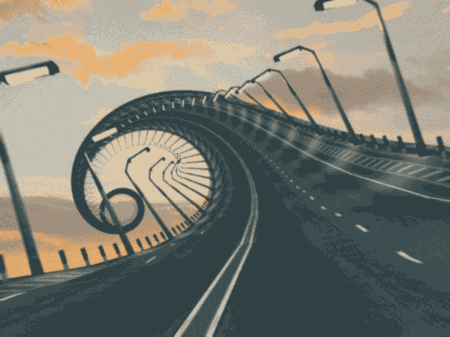‘Gaming disorder’ to be an official mental health condition
THE potential risks that come with obsessively playing video games have been coming to light in recent years, but for the first time gaming may soon be classified as an actual mental health condition. The World Health Organisation (WHO) has listed ‘gaming disorder’ in their recent draft of the 2018 International Classification of Diseases (ICD-11), which was last updated 27 years ago in 1990. While the final version of the diagnostic manual won’t be published until next year, it currently states that gaming disorder is “characterised by a pattern of persistent or recurrent gaming behaviour (‘digital gaming’ or ‘video-gaming’), which may be online (ie. over the internet) or offline”. Being added into the ICD-11 will mean that gaming disorder will become an official health diagnosis that can be used by doctors, other health care workers, and insurance companies.But this does not mean that anyone who enjoys playing video games has a mental disorder, with the draft including a series of criteria to help identify when someone is suffering from gaming disorder, these include: Impaired control over gaming, for example onset, frequency, intensity, duration, termination.
Increasing priority given to gaming, to the extent that gaming takes priority over other interests and daily activities. Continuation or escalation of gaming despite the occurrence of negative consequences.It also states that the obsession with playing video games would be severe enough to have significant negative effects on “personal, family, social, educational, occupational” relationships or other key areas of a person’s life.
This pattern of gaming does not have to be continuous to be defined as gaming disorder, it may also present itself in reoccurring episodes but will usually have to be evident over a 12 month period in order to be accurately diagnosed.Vladimir Poznyak, a member of the WHO’s Department of Mental Health and Substance Abuse, told the New Scientist about the importance of officially recognising gaming disorder as a mental health risk. “Health professionals need to recognise that gaming disorder may have serious health consequences,” Mr Poznyak said. “Most people who play video games don’t have a disorder, just like most people who drink alcohol don’t have a disorder either. However, in certain circumstances overuse can lead to adverse effects. ”The idea that video games can have impairments on other significant parts of a person’s life, such as work, was explored earlier this year when an American Time Use Survey linked working less hours to video games.Between 2004 and 2007, men between 21 and 30 years old played two hours of video games per week, but that has now risen to 3.4 hours per week according to the report.Men aged between 21 and 30 years old saw their working hours decline by 12 per cent annually from 2000 to 2015, compared with an 8 per cent decline for older men.
A 2016 Digital Australia report found that Australians might be even more addicted to gaming than their US counterparts, racking up 11 hours a week on average. A separate report also found that Australians were working between one and two hours less a week than the previous decade there have been numerous cases that have displayed the harmful and even deadly effects that constant gaming can have on a person. In February a father-of-three died during a 24-hour gaming marathon he was live streaming to raise money for the Make A Wish foundation.Around the 22 hour mark, 35-year-old gamer Brian Vigneault failed to return to his webcam after leaving to smoke a cigarette.Moderators and viewers assumed Mr Vigneault had fallen asleep but it was later revealed that he had died, with police unable to reveal the circumstances behind his death.The live stream was automatically switched off, but recovered clips of Vigneault’s alleged last moments have been viewed more than 20,000 times.































































